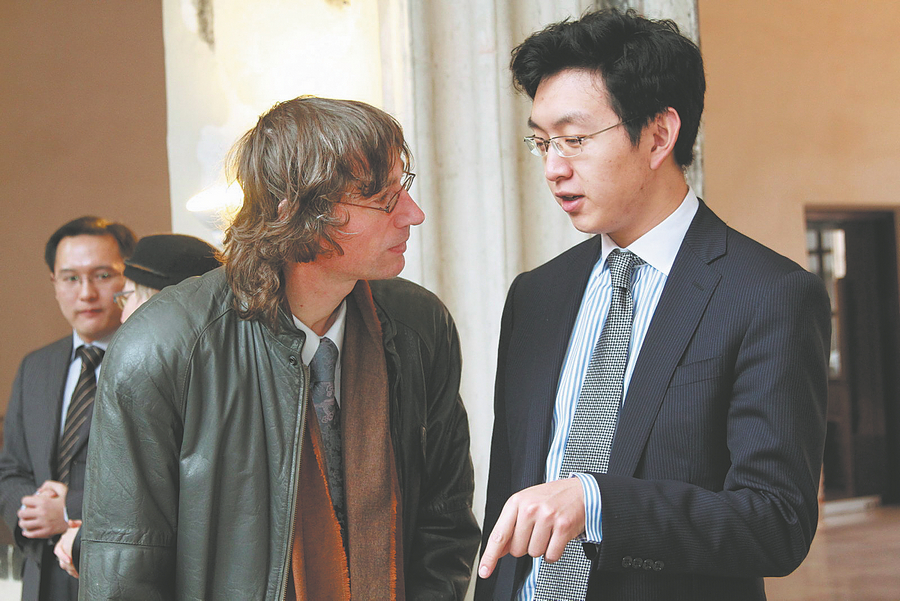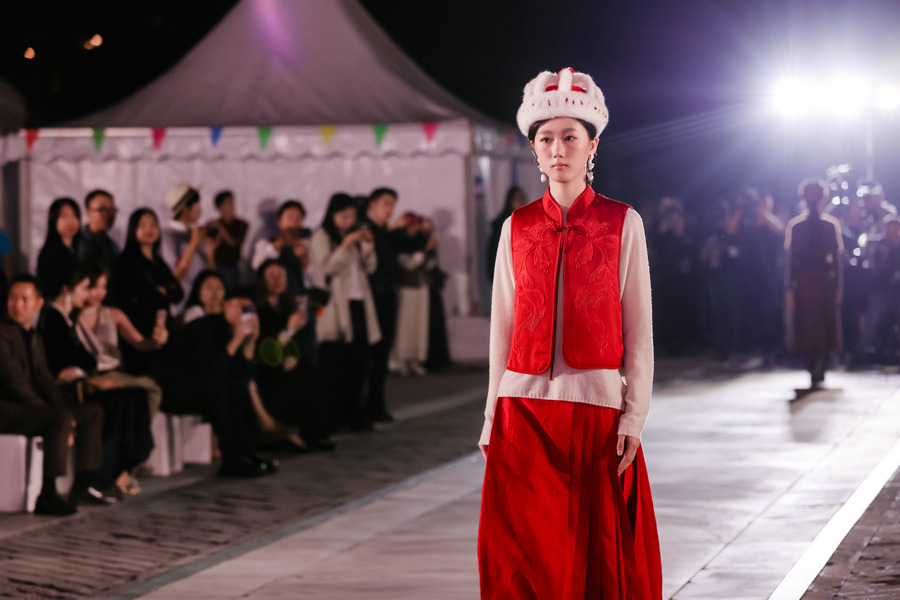From textbook to trust
Bart Dessein, a Belgian sinologist, immersed in China's language and culture for 40 years, is building bridges between the country and Europe


In the 1980s, in the early years of China's reform and opening-up, Bart Dessein, then a young student in Belgium, got to know the term and became deeply interested in what was still in the West a mysterious oriental land.
It was an era when China was gradually opening its doors to the world, and in Belgium, a handful of curious students were discovering China not through internet videos or immersive exchange programs, but through heavy textbooks, fragments of literature, and scarce opportunities to hear the language spoken aloud.
Early interest
Dessein recalled with a smile what it was like to embark on Chinese studies at that time. "In the early 1980s, learning Chinese was very much the study of a book language. There were very few occasions or possibilities to speak or hear Chinese. There was no internet back then. Also, our knowledge about the Chinese language was not what it is now. If I look back at the study materials that were available then, great progress has been made. Linguistic research since then has changed the situation a lot."
Those early years demanded patience. Dictionaries were often incomplete, and grammar explanations lacked clarity. Yet for Dessein, every character he traced, every text he deciphered, was a window into a civilization he yearned to understand more deeply.
One of the pivotal choices of his academic life came when deciding where to study in China. Many international students gravitated toward Beijing or Shanghai as two metropolises, but Dessein deliberately chose Liaoning University in Shenyang.
In a conversation with Professor Roger Darrobers, Professor Fang Xudong of East China Normal University recalled the story: "I asked Professor Dessein why he chose to go to Liaoning University instead of Beijing or Shanghai. He replied that since fewer people there spoke foreign languages, he would be forced to speak only Chinese. That was his way of pushing himself to truly learn."
This immersion worked wonders. Dessein formed lasting friendships with Chinese classmates and professors. "I still have a very good contact with my mother school in China," he said, using an affectionate term for an alma mater.
"This also shows the high appreciation Chinese universities have for their former students. After all these years, you still feel as one of them. My department has very good contacts with many universities in China. Experiences of Chinese PhD students also are important for new incoming students of the same universities."
"Also here, family ties are made," he added.
After returning from China, Dessein continued his academic career and obtained a PhD in 1994. His dissertation marked the beginning of a lifelong scholarly journey into Chinese philosophy. Initially, he focused on Buddhist philosophy, but his curiosity soon drew him into the interwoven traditions of Confucianism, Neo-Confucianism, and the broader field of cross-cultural studies.
Today, Dessein is a professor in the Department of Languages and Cultures at Ghent University, where he leads the research group "East Asian Culture in Perspective: Identity, Historical Consciousness, Modernity".
His influence extends well beyond Belgium. From 2016 to 2022, he served as president of the European Association for Chinese Studies, fostering dialogue and collaboration among Sinologists across the continent.




































